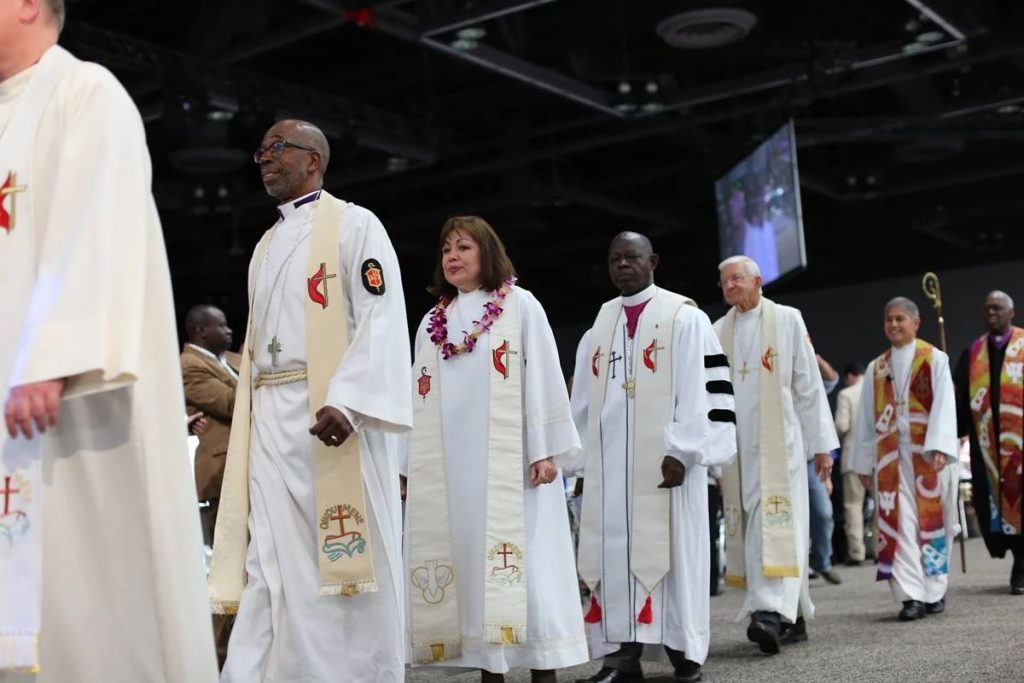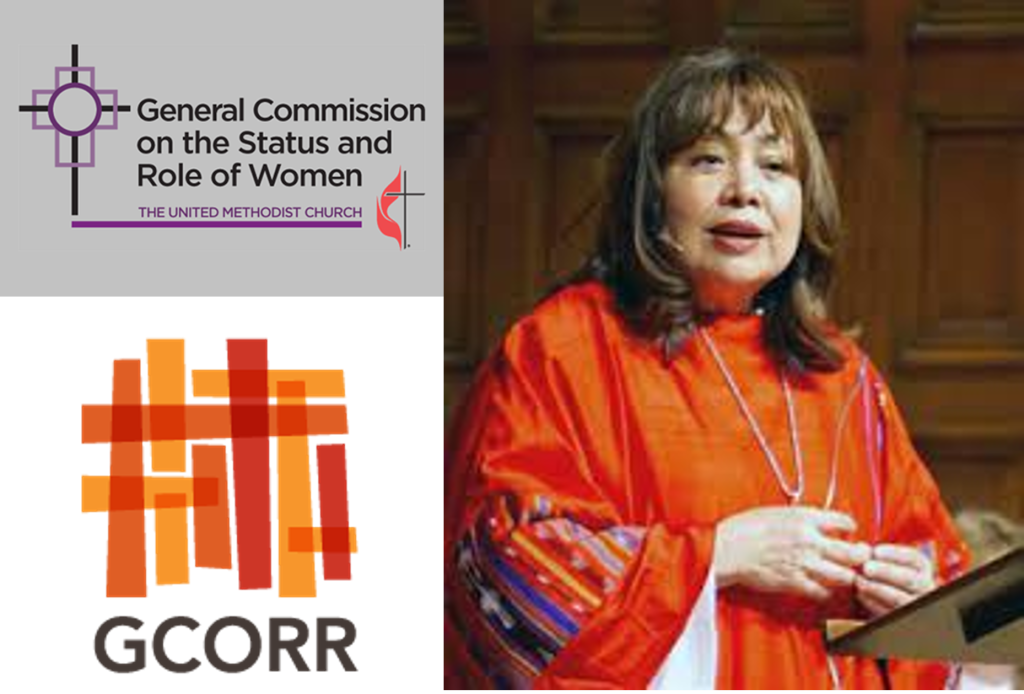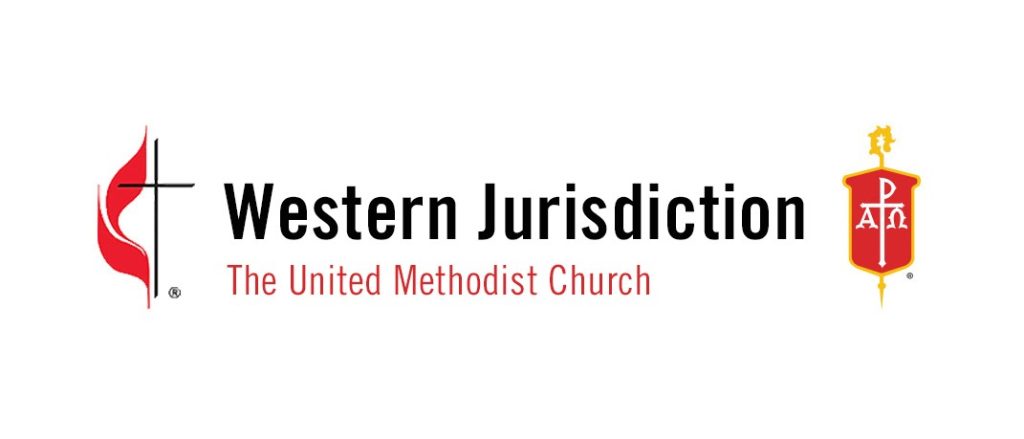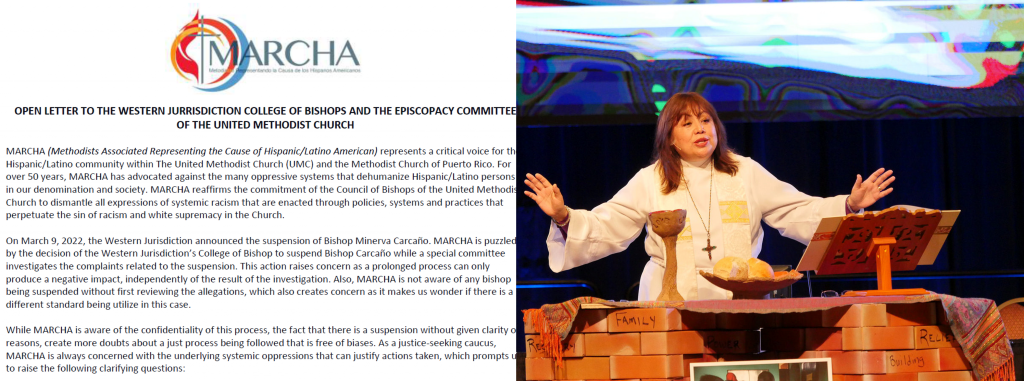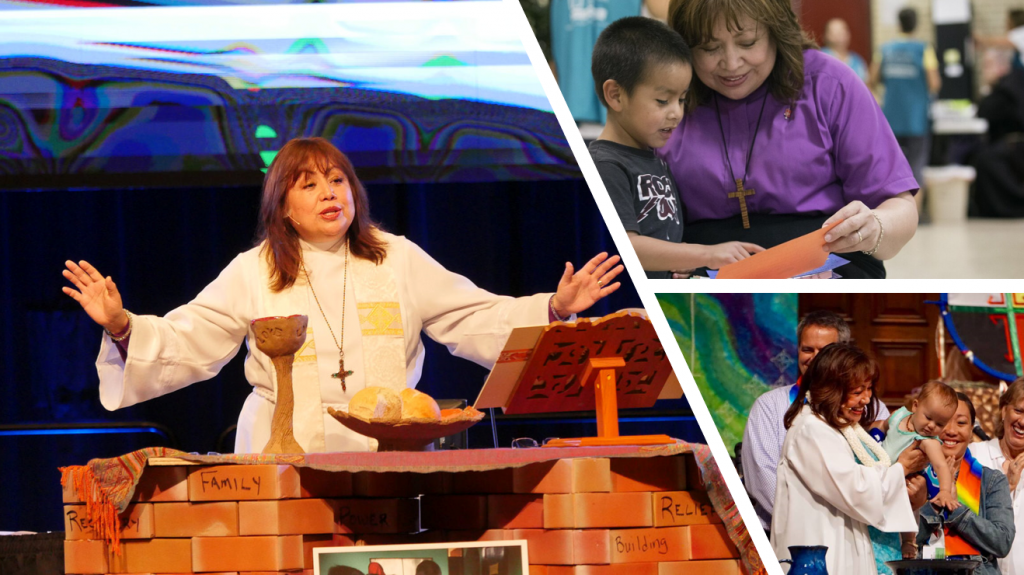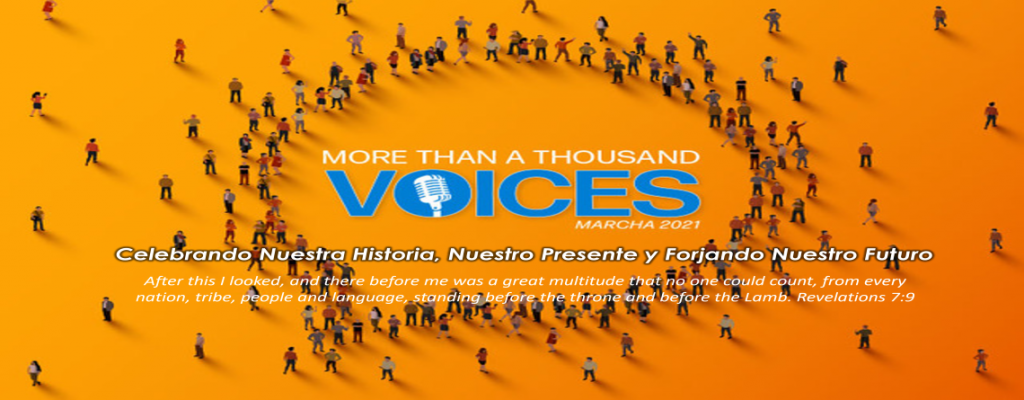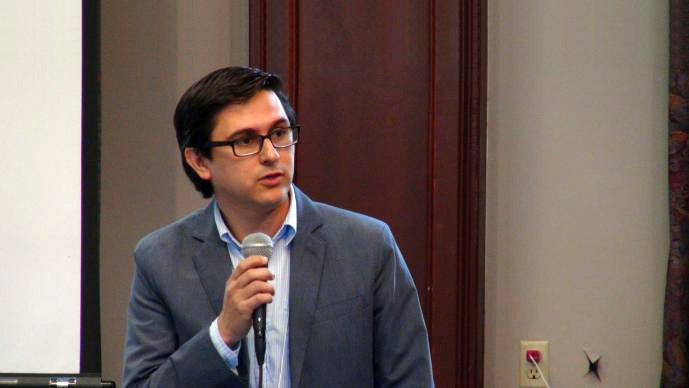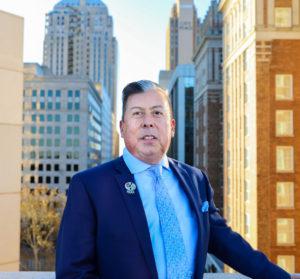 The United Methodist Church The Inter-Ethnic Strategy Development Group (IESDG) represents the racial-ethnic caucuses of the United Methodist Church. The IESDG supports the Native American International Caucus (NAIC) endorsement of the Rev. Dr. David Wilson, of the South Central Jurisdiction, for election as a United Methodist bishop.
The United Methodist Church The Inter-Ethnic Strategy Development Group (IESDG) represents the racial-ethnic caucuses of the United Methodist Church. The IESDG supports the Native American International Caucus (NAIC) endorsement of the Rev. Dr. David Wilson, of the South Central Jurisdiction, for election as a United Methodist bishop.
Our prayer and hope is that our denomination will elect its first Native American bishop.
An effective and respected minister, friend and advocate within the UMC connection and an ecumenical partner across the world, Rev. David Wilson demonstrates consistent excellence and faithful integrity by leading the church while overcoming a missional context marked by the legacy of colonization and systemic racism, paternalistic mission structures, endemic poverty and economic insecurity, and a history of broken promises to Native people. As a devout United Methodist and Native American, Rev. Wilson’s cultural identity, life experience, exceptional character and divine calling have all uniquely prepared him to bring adaptive creativity and practical wisdom to the office of bishop.
His collaborative posture, mature spirituality, genuine humility, deep empathy, and public solidarity with God’s people, will equip him for the episcopal office at a time when these gifts are most in need. As members of the IESDG representing the diverse racial and ethnic communities of the United Methodist Church, we add our voice to the Oklahoma and Oklahoma Indian Missionary Conferences in lifting up and affirming Rev. David Wilson for election to the office of United Methodist bishop.
Rev. Antoine Love, BMCR
Deborah Bass, BMCR
Rev. Lyssette Perez, MARCHA
Rev. Raquel Feagins, MARCHA
Ragghi Rain Calentine, NAIC
Rev. Carol Lakota Eastin, NAIC
Rev. Edgar De Jesus, NFAAUM
Dr. Christina Lee, NFAAUM
Rev. Michael Seui, PINCUM

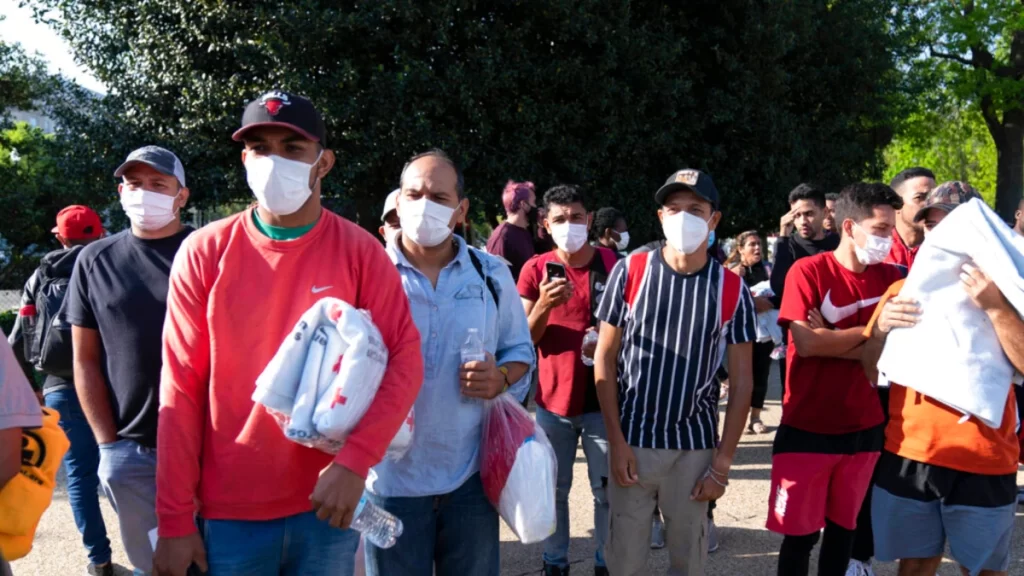 Vea abajo para versión en español
Vea abajo para versión en español